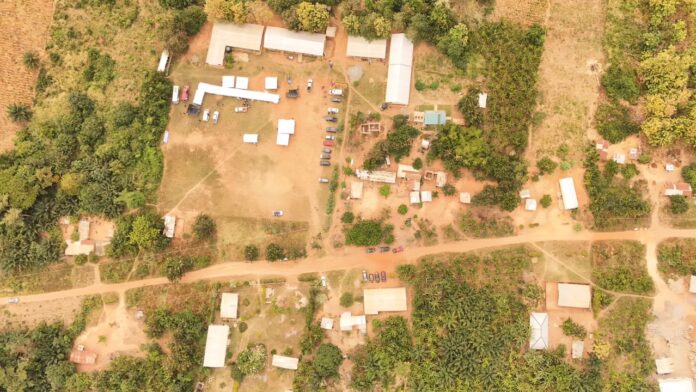Located in the Asuogyaman District is Tortibo, a community with a population of about 700 blessed with breathtaking landscapes, including amazing mountainous views and land for crop farming.
The people of Tortibo thrive on crop farming, palm wine tapping, and trading during market days.
Despite its natural vegetation and the resilience of its people, this serene community battles with serious developmental issues that pose as a threat to the well-being of the individuals in the community.
Healthcare: A facility in name only
One of Tortibo’s struggles is the lack of a proper healthcare system.
The community’s CHPS (Community-Based Health Planning and Services) compound is essentially non-functional, devoid of even the most basic medical equipment, like an examination bed.
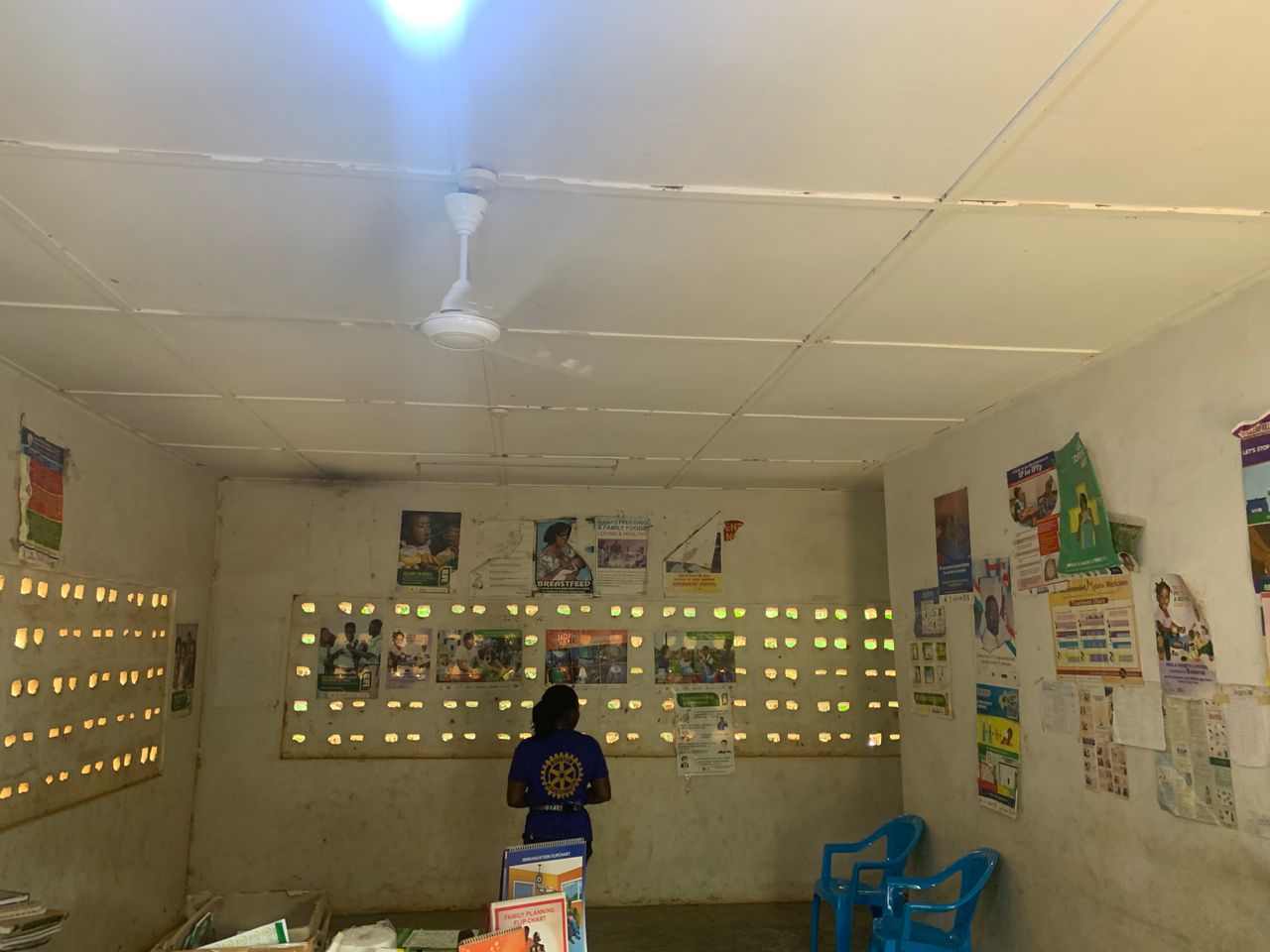
This alarming deficiency leaves the community vulnerable to disease outbreaks, compounded by the lack of potable drinking water.
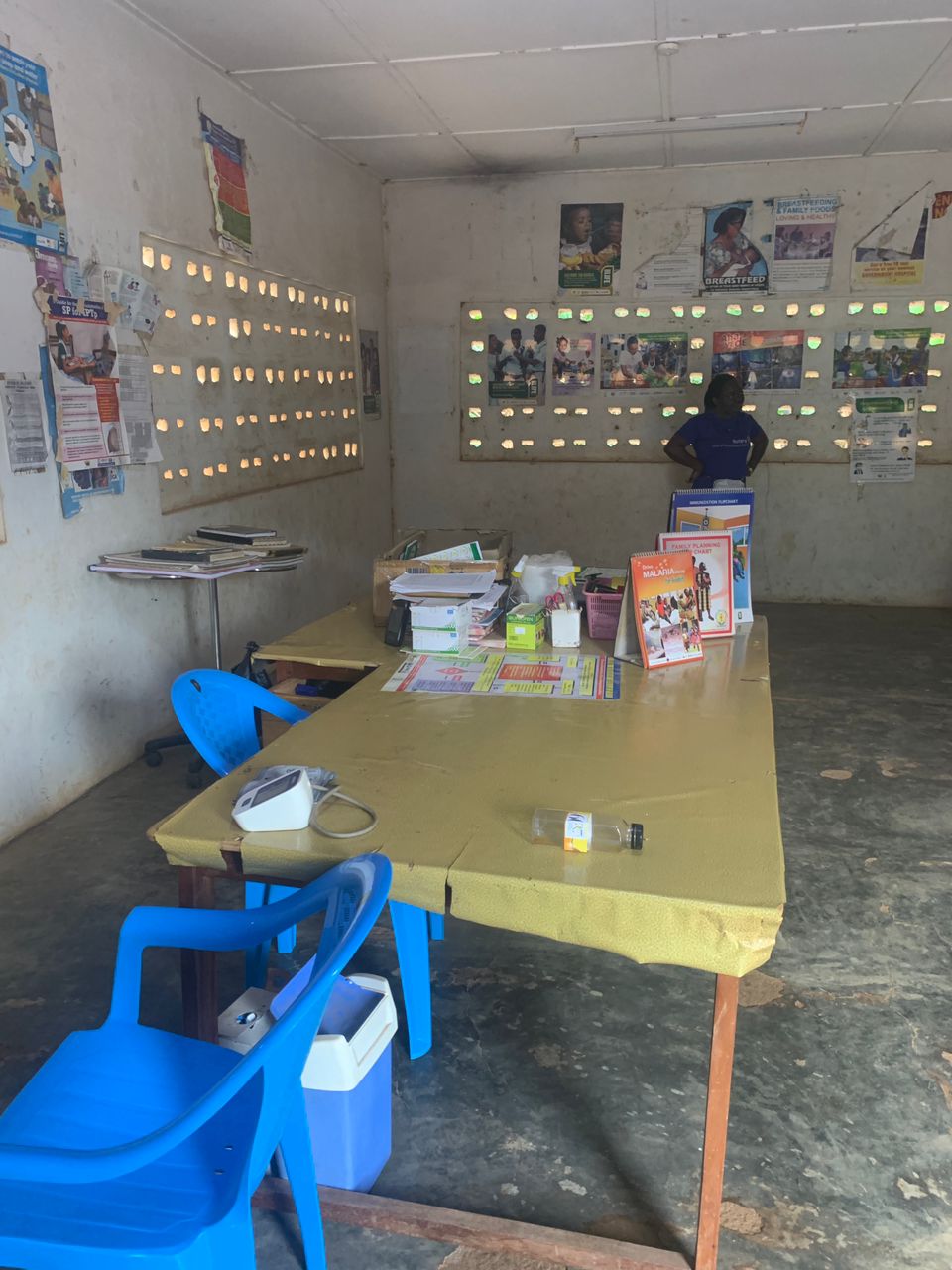
Waterborne diseases such as cholera and typhoid are looming threats, with no real healthcare infrastructure in place to manage potential crises.
Poor Road Network: A daily struggle
Access to healthcare, education, and essential goods is severely hampered by Tortibo’s poor road network.
A journey that should take six minutes from the community to the nearest motorable road can extend to 20 minutes, depending on the type of vehicle used.
The bad state of the road increases transportation costs, with cab drivers charging between GHS 100 and GHS 150, while motorbike (Okada) operators charge GHS 50.
For a rural community with limited financial means, these costs are prohibitive, making it difficult for residents to travel for emergencies or even daily necessities.
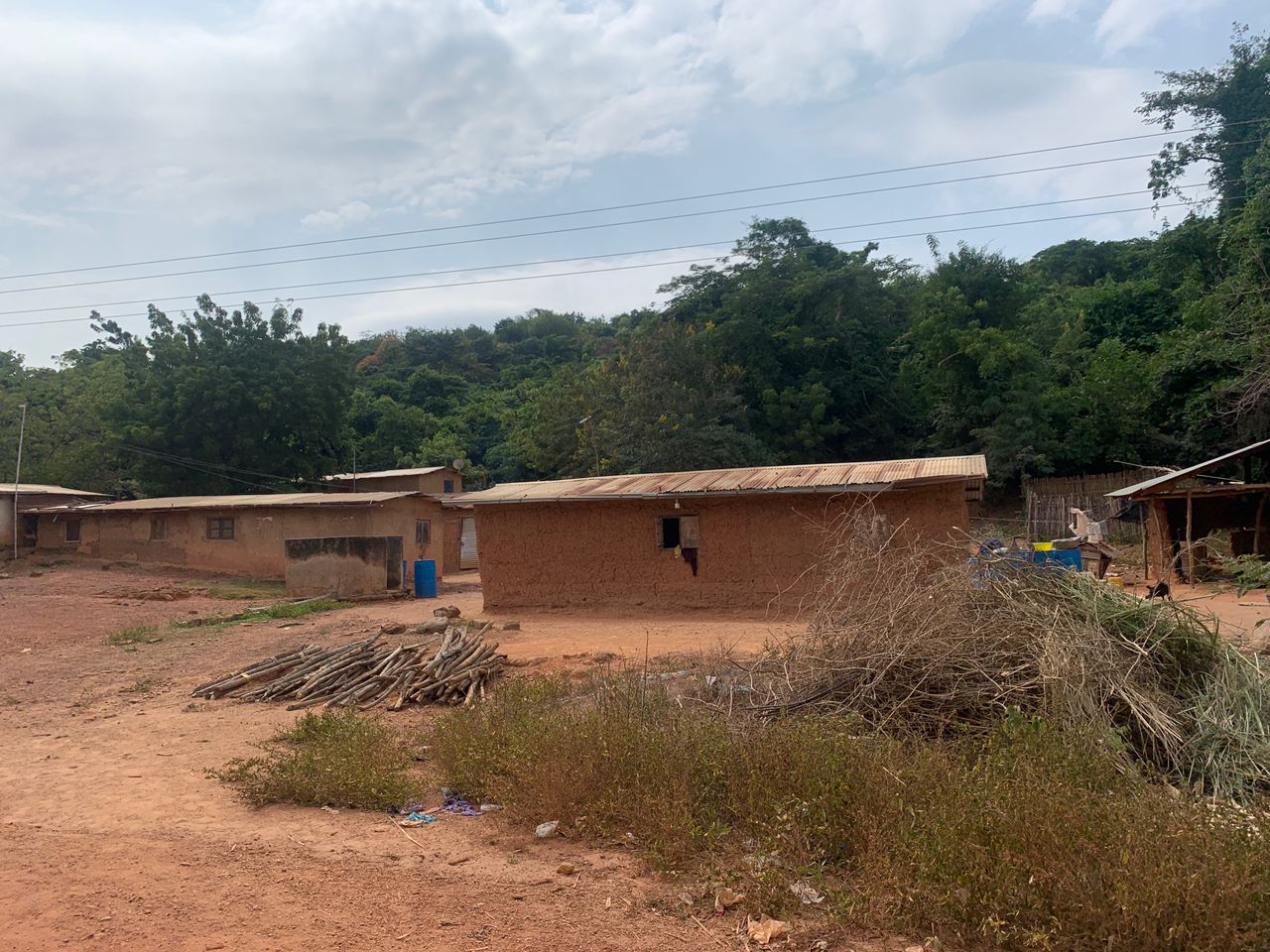
Water Scarcity: A basic need unmet
In Tortibo, the lack of access to clean drinking water is a constant struggle. Without a reliable water source, residents are forced to rely on unsafe alternatives, increasing the risk of widespread diseases.
Clean water is not just a luxury—it’s a fundamental need that should be accessible to every community.
Unfortunately, Tortibo’s water scarcity places its people at constant risk of illness, with no nearby health facility to provide care when outbreaks occur.
Telecommunications Blackout: A community cut off
In today’s interconnected world, Tortibo remains largely isolated due to its poor telecommunication infrastructure.
Residents can only access a faint mobile signal by standing at a specific spot in the home of one community member.
This lack of reliable communication stifles economic growth, education, and access to critical services.
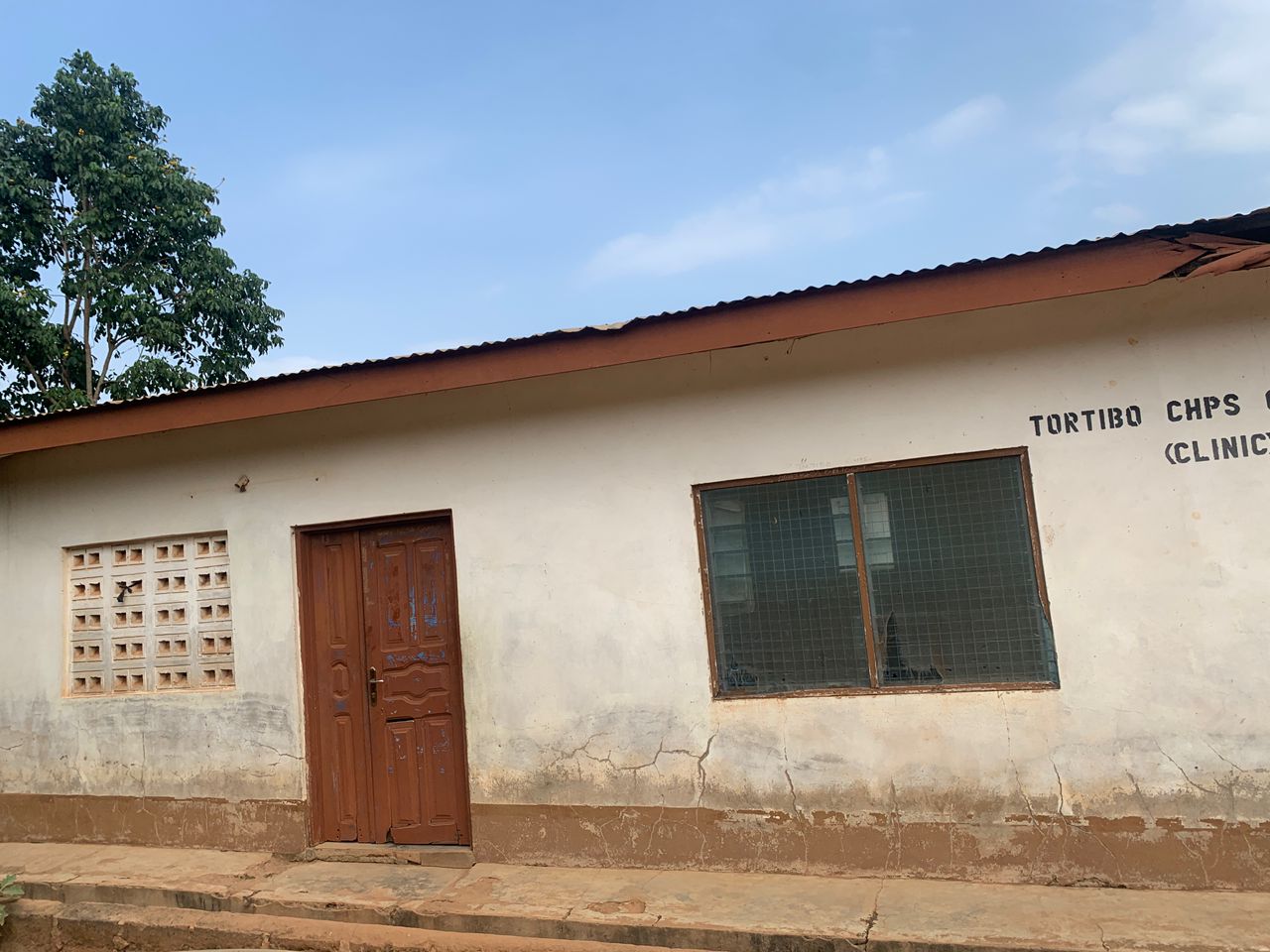
Without proper connectivity, Tortibo is cut off from the rest of Ghana, unable to benefit from the technological advancements that are transforming other regions.
The Bright Spot: Education and Electricity
Despite these pressing challenges, Tortibo is not without its success stories. The community has access to electricity, a vital resource that many other rural areas lack.
Additionally, the Tortibo Basic School has established itself as a center of academic excellence, with students consistently ranking among the top five schools in the Basic Education Certificate Examination (BECE).
This success, against the odds, demonstrates the potential of Tortibo’s youth, who can achieve even more with better infrastructure and resources.
A National Challenge: Tortibo in Context
Tortibo’s struggles are not unique. Across Ghana, countless rural communities face similar developmental hurdles—lacking healthcare facilities, clean water, reliable roads, and telecommunication networks.
These communities often depend on the goodwill of corporate bodies, NGOs, and clubs to meet their most basic needs.
For example, the Rotary Club has provided health screenings to Tortibo residents, offering temporary relief in the absence of a functional healthcare system.
Rotary’s commitment to improving lives is commendable but it cannot replace the need for sustained intervention and long-term solutions.
A Call for Collective Responsibility
Tortibo’s story reflects the reality of many underserved communities in Ghana.
It serves as a reminder that while some enjoy the benefits of modern development, others remain deprived of what should be basic human rights: healthcare, clean water, roads, and reliable communication.
As we push for progress, let us not leave communities like Tortibo behind.
It is our collective responsibility to ensure that all citizens, no matter where they live, can access the resources they need to lead healthy, prosperous lives.
Together, we can bridge the gap and build a future where no one is deprived of what is rightfully theirs.

